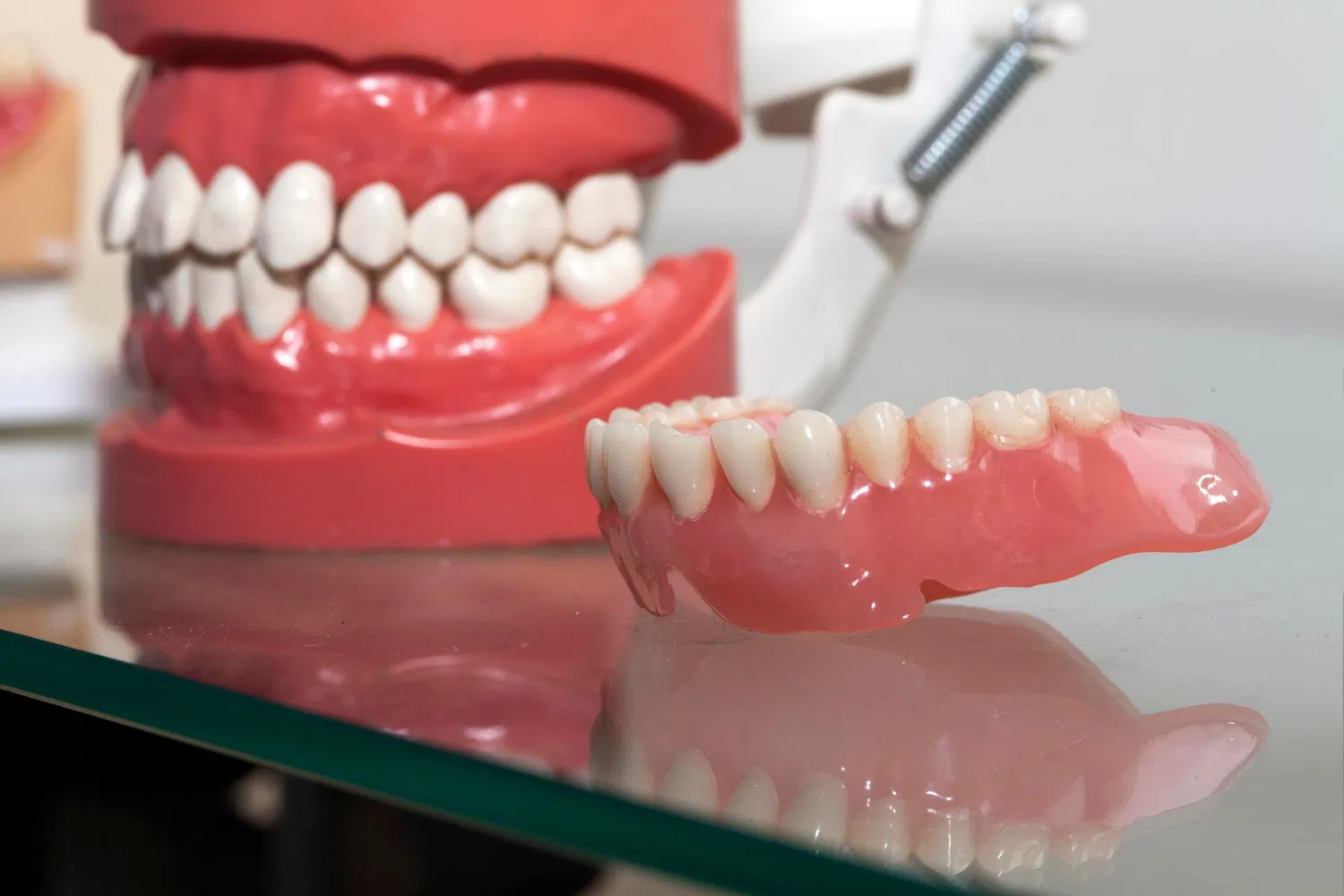
Dental prosthetics replace missing teeth. They restore smiles and function. Dentures, bridges, and implants are common. Each serves a vital purpose. They improve chewing and speaking. They support facial structure. Investing in them is smart. Protecting that investment is key. Proper care prolongs their life. This keeps your smile vibrant.
How to Extend the Life of Your Dental Prosthetics
Extend the life of your dental prosthetics. This is a smart goal. It saves money in the long run. It also keeps your smile strong. Daily care is absolutely vital. Regular professional check-ups help. Avoiding bad habits is crucial. Your prosthetics are an investment. Treat them with utmost care. This ensures they last longer.
Daily Cleaning Habits
Daily cleaning is non-negotiable. Treat prosthetics like natural teeth. Brush them at least twice daily. Use a soft-bristle toothbrush. A non-abrasive toothpaste is best. Clean all surfaces thoroughly. This removes food particles. It prevents plaque buildup. For removable prosthetics, clean after meals. Rinse well to avoid residue. This step is foundational.
Proper Cleaning for Dentures
Denture care needs specific steps. Remove them every night. Brush them with a denture brush. Use a specialized denture cleaner. Never use regular toothpaste. It can be too abrasive. Soak them in a cleaning solution. This kills bacteria effectively. Rinse them thoroughly before reinserting. Store them in water overnight. This prevents them from drying. Dry dentures can warp.
Caring for Fixed Bridges
Fixed bridges need careful cleaning. Food can get trapped underneath. Use a floss threader daily. Or an interdental brush. Clean beneath the pontic (false tooth). Brush crowns like natural teeth. Pay attention to gum lines. Plaque buildup can harm abutment teeth. Good hygiene prevents secondary decay. It also prevents gum disease.
Maintaining Dental Implants
Dental implants need diligent care. Treat them like your natural teeth. Brush them twice a day. Floss around them daily. Use special implant floss if needed. An interdental brush helps too. Pay attention to the gum tissue. Peri-implantitis is a risk. This is gum disease around implants. Regular professional cleanings are essential. Their longevity depends on this.
Avoiding Harmful Habits
Certain habits damage prosthetics. Do not chew on hard objects. Ice, pencils, or hard candies. Biting fingernails is also harmful. Using teeth as tools is bad. Opening bottles with your mouth. These actions can cause fractures. They can chip or crack materials. This shortens their lifespan greatly. Break these habits completely. Protect your investment wisely.
Regular Dental Check-Ups
Regular dental check-ups are essential. Visit your dentist twice yearly. They clean areas you might miss. They check for wear and tear. They assess the fit of prosthetics. Adjustments can prevent issues. Early detection saves bigger problems. They examine your gums and bone. This ensures long-term stability. Don’t skip these vital visits.
Addressing Fit Issues Promptly
A changing fit is a problem. Dentures might feel loose. Bridges could feel unstable. Implants might feel wobbly. Your underlying bone changes. This affects prosthetic fit. Seek dental attention quickly. Ill-fitting prosthetics cause issues. They can irritate gums. They might even cause pain. Early adjustments prevent damage.
Protecting Against Clenching and Grinding
Bruxism, or grinding teeth, is harmful. It puts immense pressure on prosthetics. This causes premature wear. It can lead to fractures. A night guard offers protection. Your dentist can custom-make one. Wear it diligently every night. This guards your prosthetics. It also protects your natural teeth. This is a crucial step.
Dietary Considerations
Your diet impacts prosthetics. Avoid extremely sticky foods. Taffy or caramels can pull. Very hard foods risk breakage. Nuts and hard crusts are examples. Chewing ice is particularly bad. A balanced diet is always best. Soft, nutritious foods are gentle. Chew evenly on both sides. This distributes forces well.
Impact of Systemic Health
Your overall health matters greatly. Diabetes can affect gum health. It impacts healing after surgery. Osteoporosis can affect bone density. This influences implant stability. Inform your dentist about conditions. Discuss all medications you take. They affect oral health too. A healthy body supports prosthetics. Systemic care is oral care.
Recognizing Signs of Damage
Know what signs to look for. Any cracks or chips are serious. Loose prosthetics need attention. Pain or discomfort is a warning. Swelling or redness around them. Difficulty chewing or speaking suddenly. Any unusual changes are important. Contact your dentist promptly. Early action prevents worsening. Don’t ignore these signals.
Professional Cleaning and Maintenance
Beyond daily brushing, get professional help. Dental hygienists clean thoroughly. They remove stubborn plaque. They polish prosthetic surfaces gently. This extends their pristine condition. They assess your oral hygiene. They provide tailored advice. Professional care complements home care. It’s an essential partnership.
